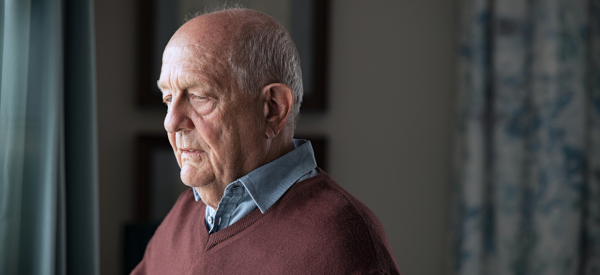In a recent study titled, “Family Caregiving and Transitional Care: A Critical Review,” published by the Family Caregiver Alliance, authors Mary Jo Gibson, Kathleen A. Kelly and Alan K. Kaplan looked at the risks held by the elderly when transitioning to new settings, such as those between the hospital and home. In the study, they focused on the role of family caregivers.
The major findings include:
Family Caregivers Receive Inadequate Support – Relatively little research has been conducted on how family caregivers perceive their own roles and needs during transitions across settings. However, the evidence that is available indicates they do not receive adequate recognition or support during the discharge process from health care professionals.
Family Caregiver Involvement Can Improve Patient Outcomes and Continuity of Care – The evidence base on how family caregiver involvement affects the quality of health care remains sparse but is expanding. It shows that their involvement has improved outcomes for persons with physical, mental, and cognitive disorders, contributes to greater patient satisfaction, and improves continuity of care. However, evidence suggests that family caregivers should not be expected to provide complex medical care in the home, especially without training or in-home support from professionals.
Health Professionals Are Increasingly Recognizing the Need to Work with Family Caregivers – Very little research has been conducted on health care professionals’ perceptions of family caregivers roles and needs or on their communication with them. However, leading physician, nursing, social work organizations have affirmed family caregivers’ contributions and the need to work in partnership with them.
Many Transitional Care Programs Do Not Actively Engage Family Caregivers – While four of the seven transitional care programs reviewed do offer specific steps to actively engage family caregivers as partners, in the other three programs they are viewed more passively. In the latter, mention of family caregivers focuses on how they can help patients adhere to discharge instructions or medication regimens, not on how their expertise can be tapped to improve transitional care or how their needs as individuals should be assessed and addressed (both during discharge and for their caregiving role afterward) as part of effective discharge planning. Outcomes for family caregivers, such as reductions in stress, have been reported for only two of the programs.
A Greater Focus on LTSS is Needed – Only a few of these programs place substantial emphasis on coordinating care with LTSS after release from the hospital. This part of the care continuum is essential for most of the “high risk” older adults on which the programs focus, and it is the part in which family caregivers play starring roles.
New Teaching Guides and Programs Are Available but Often Not Accessible – While there are good methods of and tools for engaging family caregivers in transitional care, they are not yet being used widely. For example, a growing body of teaching programs, guides and checklists is becoming available to assist both patients and family caregivers during transitions. The challenge now is to make these materials easily usable and available when needed, especially at the point of care. New technologies, especially digital personal technologies, hold promise in this regard.
Barriers to Greater Engagement with Family Caregivers Need to be Recognized – Barriers to greater engagement of family caregivers as partners during care transitions include financial pressures on hospitals to reduce length of stay (although increasingly patients are older and sicker) and insufficient attention to arranging and integrating LTSS in health care delivery. Patient education materials continue to be written at a level that most patients and caregivers cannot understand. Further, many patients and families are reluctant to ask questions for fear of being labeled “difficult,” and they remain largely unaware of their discharge-related rights during transitions.
If you or your family caregiver need assistance in the transition from one care setting to the next, don’t hesitate to contact us at Freedom Home Care. We have services set in place that can help.



